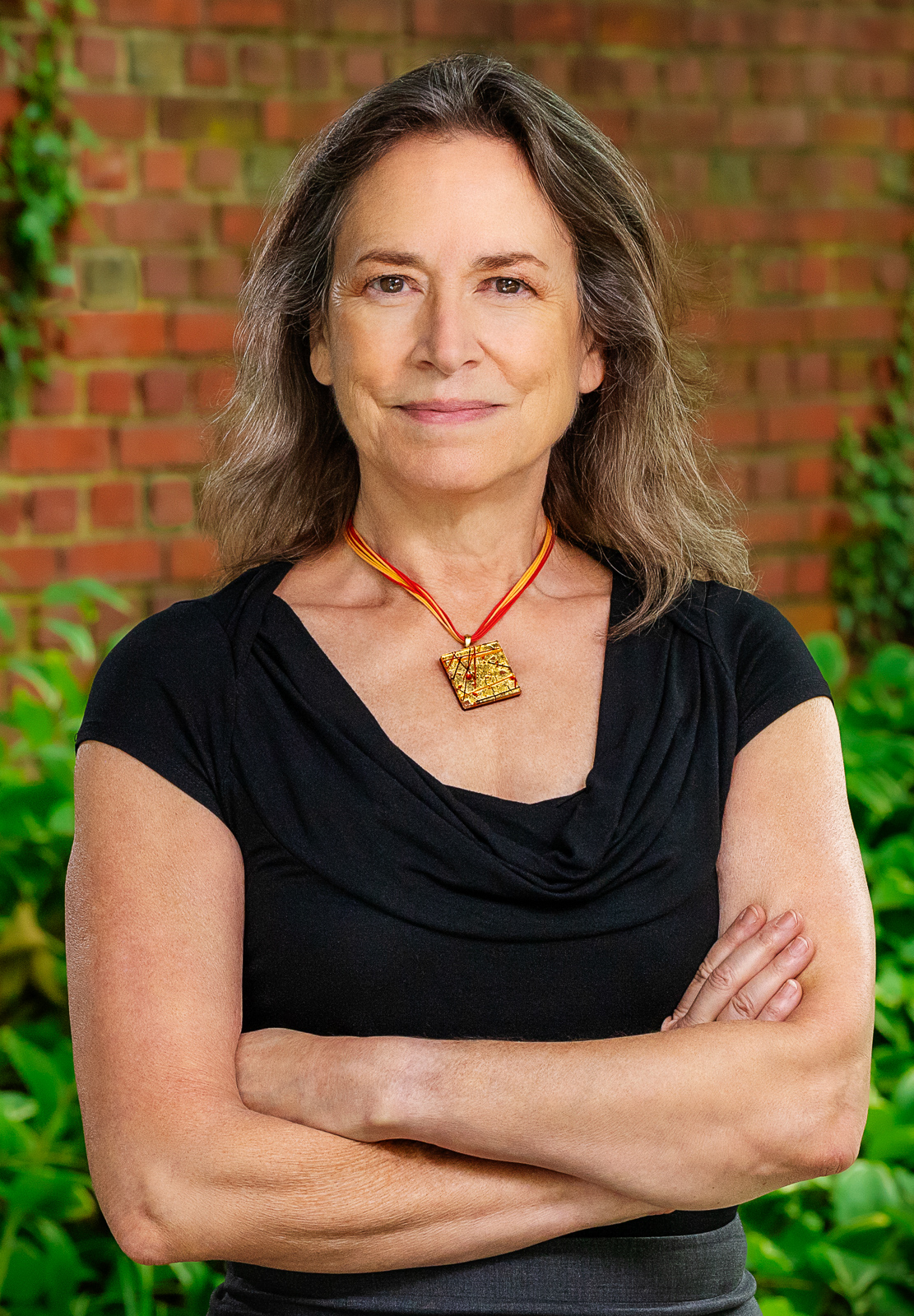Emily A. Carter
Emily A. Carter is the Gerhard R. Andlinger Professor in Energy and the Environment and a Professor of Mechanical and Aerospace Engineering (MAE), the Andlinger Center for Energy and the Environment (ACEE), and Applied and Computational Mathematics at Princeton University. She is also a member of the executive management team at the Princeton Plasma Physics Laboratory (PPPL), serving as Senior Strategic Advisor and Associate Laboratory Director for Applied Materials and Sustainability Sciences. Upon her arrival at PPPL in 2022, she first began working to diversify this Department of Energy National Laboratory’s portfolio into the science of electromanufacturing and solar radiation management; her portfolio expanded to include plasma science of microelectronics and quantum information science in 2023. Dr. Carter began her independent academic career at UCLA in 1988, rising through the chemistry and biochemistry faculty ranks before moving to Princeton University in 2004, where she spent the next 15 years jointly appointed in mechanical and aerospace engineering and in applied and computational mathematics. While at Princeton, she held the Arthur W. Marks ’19 and the Gerhard R. Andlinger Professorships. After an international search, she was selected to be the Founding Director of Princeton’s Andlinger Center for Energy and the Environment. From 2010-2016, she oversaw the construction of its award-winning building and state-of-the-art facilities, the development of novel educational and research programs, and the hiring of its initial faculty and staff. After a national search, she served from 2016-2019 as Princeton’s Dean of the School of Engineering and Applied Science (SEAS), where she spearheaded major research (in bioengineering, data science, robotics, smart and resilient cities), education (e.g., new first-year engineering exposure to increase student retention), outreach (e.g., revamped marketing and communications), and diversity (e.g., hiring the inaugural associate dean for diversity and inclusion) initiatives. These included developing and launching the Bioengineering, DataX, Robotics, and Metropolis initiatives, which originated from SEAS-faculty-led strategic planning in 2015-2016, as well as creating: the new first-year math and science curriculum to increase student retention in engineering; the position of the inaugural SEAS Associate Dean for Diversity and Inclusion; networking activities for SEAS faculty from underrepresented groups; extra-departmental mentoring of SEAS junior faculty; and more. Most recently, she served as UCLA’s Executive Vice Chancellor and Provost (EVCP) and Distinguished Professor of Chemical and Biomolecular Engineering. During her two and one-third years tenure as EVCP (2019-2021), she co-led UCLA through myriad crises including the COVID-19 pandemic and brought transformative change via new initiatives that support graduate students, diversity across the career arc, professional development, institutional effectiveness, DataX research and education, education innovation, flexible work, and more. Upon her departure, UCLA appointed her Distinguished Professor Emerita of Chemical and Biomolecular Engineering. Dr. Carter maintains an active research presence, developing and applying quantum mechanical simulation techniques to enable discovery and design of molecules and materials for sustainable energy. Her research is supported by multiple grants from the U.S. Department of Defense and the Department of Energy. The author of over 475 publications and patents, Dr. Carter has delivered over 600 invited and plenary lectures worldwide and has served on advisory boards spanning a wide range of disciplines. She is the recipient of numerous honors, including election to the U.S. National Academy of Sciences, the American Academy of Arts and Sciences, U.S. National Academy of Inventors, U.S. National Academy of Engineering, the European Academy of Sciences, and The Royal Society. Dr. Carter earned a B.S. in Chemistry from UC Berkeley in 1982 (graduating Phi Beta Kappa) and a Ph.D. in Chemistry from Caltech in 1987, followed by a brief postdoc at the University of Colorado, Boulder.

